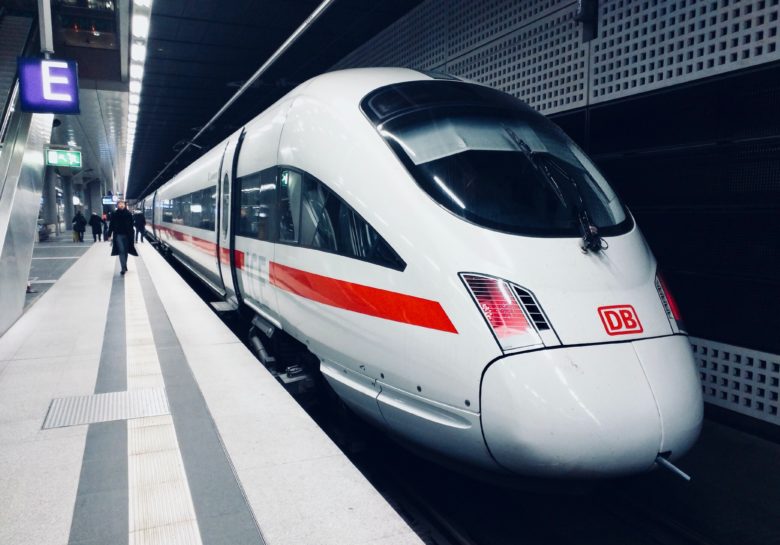EU Commission wants to triple rail traffic in Europe by 2050

According to VCOE, Austrian traffic caused around 20 million tons of CO2 in 2020. Due to the pandemic, the sector managed to stay below the climate protection target of a maximum of 21.7 million CO2 tonnes emitted for 2020. However, that is not enough to meet the Paris Climate Agreement in 2030. In 2020, fuel consumption was around 8.7 billion liters, according to the Austrian Transport Club, around one billion liters higher than in 2000. Thus, even with these figures, the Paris targets cannot be achieved.
This is one of the reasons why the Austrian government plans to continue promoting sustainable mobility. With around €18.2 billion, the rail traffic of the partially state Austrian Federal Railways (ÖBB) is to be expanded over the next six years. This was decided by the Council of Ministers in the course of the ÖBB framework plan 2022-2027.
Not only Austria but also the EU sees a need to act.
Doubling of rail traffic by 2030
Delays and then very short transfer times, long journeys, high prices, and complicated ticket booking – so far, many obstacles have deterred EU travelers from traveling by train. With regard to the EU’s goal of achieving climate neutrality by 2050, however, rail is an important factor as a means of transporting people and goods. After all, according to the European Parliament , 25% of greenhouse gas emissions in the EU come from transport, while rail transport only causes 0.4% of greenhouse gas emissions.
In order to promote this, the EU Commission presented its new rail transport action plan just a few days ago. The target set by this: by 2030, high-speed rail traffic is to double and even triple by 2050.
In order to do this, however, many bureaucratic hurdles still need to be removed. The EU also recognized this problem, which is why it made some concrete proposals on how to make rail travel more attractive. Since it often fails at the ticket purchase, because the train is either significantly more expensive than the alternative short-haul flight or the tickets cannot be purchased online, Brussels would like to simplify ticket sales through laws. In addition, the tickets should generally be cheaper – possibly also through an EU-wide VAT exemption for train tickets.
In addition, an average speed of 160 kilometers per hour is to be achieved in the so-called TEN-T (Trans-European Transport Networks), the European core network, from 2030, in order to shorten travel times.
With these and other proposals, Brussels wants to reduce emissions from the transport sector by 90%. But in order to achieve this, quick action is now required. It can easily take two years for the EU Commission and Parliament to agree on specific laws.
Greenpeace calls for short-haul flights to be banned
The environmental organization Greenpeace welcomes the action plan presented by the EU Commission in a broadcast. ”
With the current action plan for the railways, the EU is accelerating climate protection and making environmentally friendly travel easier,” says Greenpeace transport expert Herwig Schuster. Nevertheless, he calls for more to be done for the turnaround in traffic: “The EU and its member states must for example ban short-haul flights if there is an alternative train in less than six hours.”
The environmental and development organization Germanwatch also sees good opportunities in the action plan presented by the EU Commission for a start in European long-distance rail traffic. “This action plan can become the starting point for a European renaissance of the railways,” said Jacob Rohm. Above all, the organization praises the fact that the Commission wants to promote the acquisition of cross-border trains so that new European train connections can be ramped up quickly.
“Surveys show that people are willing to take the train instead of the plane, even on longer journeys. But for this they need well-timed and easy-to-book international connections at reasonable prices “, says Rohm,” The EU Commission has understood that.”




























